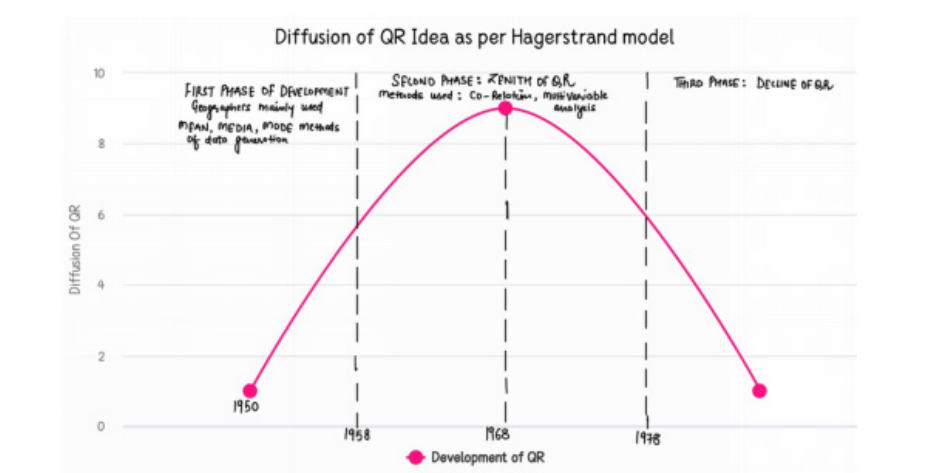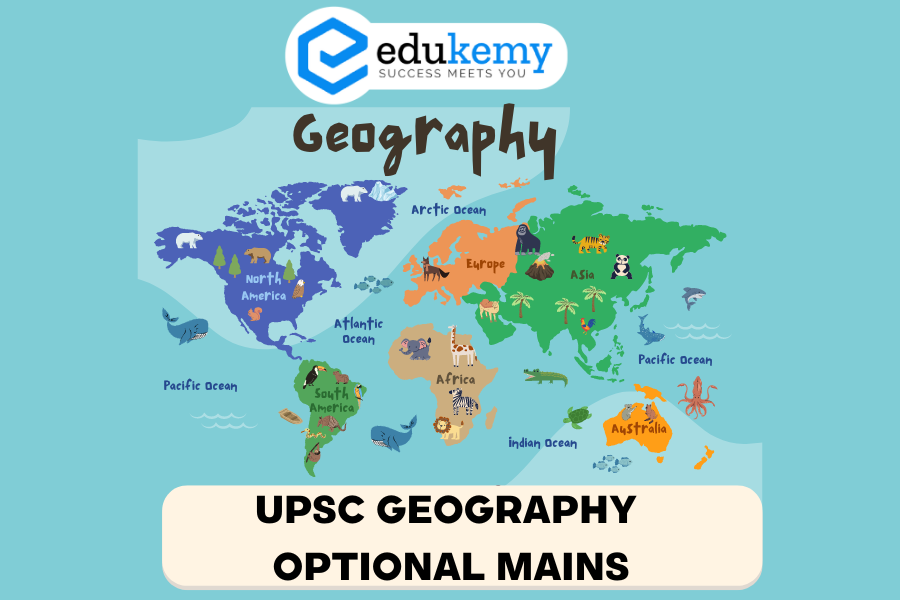
The Quantitative Revolution, which emerged in the mid-20th century, marked a transformative period in the field of geography, challenging traditional qualitative approaches and introducing a more systematic and analytical methodology. This intellectual shift, characterized by a growing emphasis on quantitative methods and spatial analysis, significantly impacted the development of geography as a discipline. The significance of the Quantitative Revolution lies in its role in fostering a more rigorous and scientific approach to geographical inquiry, offering tools to analyze spatial patterns, relationships, and processes. This paradigm shift not only influenced academic research but also had broader implications for policy-making, resource management, and our understanding of complex spatial phenomena. In this context, it becomes crucial to critically examine the lasting influence of the Quantitative Revolution on the evolution and current state of geography.
Contents
Answer
The Quantitative Revolution was a significant paradigm shift in the field of geography that emerged in the mid-20th century. It marked a fundamental change in the way geographic research was conducted and had several significant implications and contributions in the field of geography.

Significance and Influence of QR on geography
- The Quantitative Revolution brought scientific rigour and quantitative methods into geography. Prior to this movement, geography was often criticised for its lack of empirical data and scientific methodology(Schaeffer criticised Hartshorne’s idea of Areal Differentiation as Harshorian hypocracy)
- It marked a shift in paradigm; prior to QR geography was atheoretical without any generalised laws,QR led to the development of theory building and scientism.
- It provided an empirical basis for geographical research
- Quantitative techniques allowed geographers to analyse and interpret data in more sophisticated ways,deeper understanding of spatial patterns, which could be expressed through maps, graphs, and statistical measures. Researchers could now test hypotheses and make more evidence-based conclusions.
- It led to the development of spatial theories, such as central place theory, location theory, and gravity models, provided frameworks for understanding spatial relationships and the distribution of economic activities, which had practical applications in fields like urban planning and regional development
- Contributed to the perception of geography as science enhanced the academic stature of geography as a scientific and independent discipline.
- It laid the groundwork for the development of Geographic Information Systems (GIS). Which has become an indispensable tool in various fields, including geography, urban planning, and environmental management
- Introduced the Systems concept (Richard Chorley in his book “System Analysis in Geography”) in Human Geography and made geography particularly useful in urban management and studies.

However, there have been many criticisms against QR, especially post-1970s
- The most important criticism was, that QR made human geography too mechanistic,it neglected the human component in human geography.
- Neglecting the normative human questions for the sake of model building resulted in theories which lacked any practical utility
- The social relevance movement of the 1960s criticized QR for being too narrow and incompetent in solving society’s social problems.
- The rise of structuralism as a viewpoint pointed towards differences in the fundamental nature of different societies thus no generalized laws could capture the problem in its essence.
- Rise of Behaviouralism and Humanism as an important critique of QR,treated every human being as unique thus no general laws could be formed.
Despite the criticisms, the Quantitative Revolution was significant in geography because it transformed the discipline from a descriptive and qualitative field into a quantitative and empirical science. This shift improved the precision and applicability of geographic research, leading to valuable contributions in both academics and relevance in modern planning.
In case you still have your doubts, contact us on 9811333901.
For UPSC Prelims Resources, Click here
For Daily Updates and Study Material:
Join our Telegram Channel – Edukemy for IAS
- 1. Learn through Videos – here
- 2. Be Exam Ready by Practicing Daily MCQs – here
- 3. Daily Newsletter – Get all your Current Affairs Covered – here
- 4. Mains Answer Writing Practice – here

